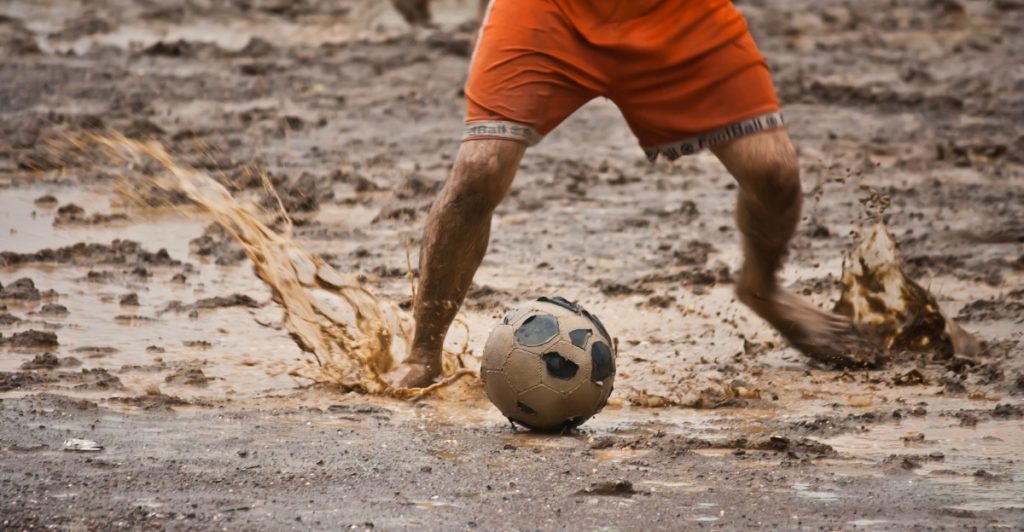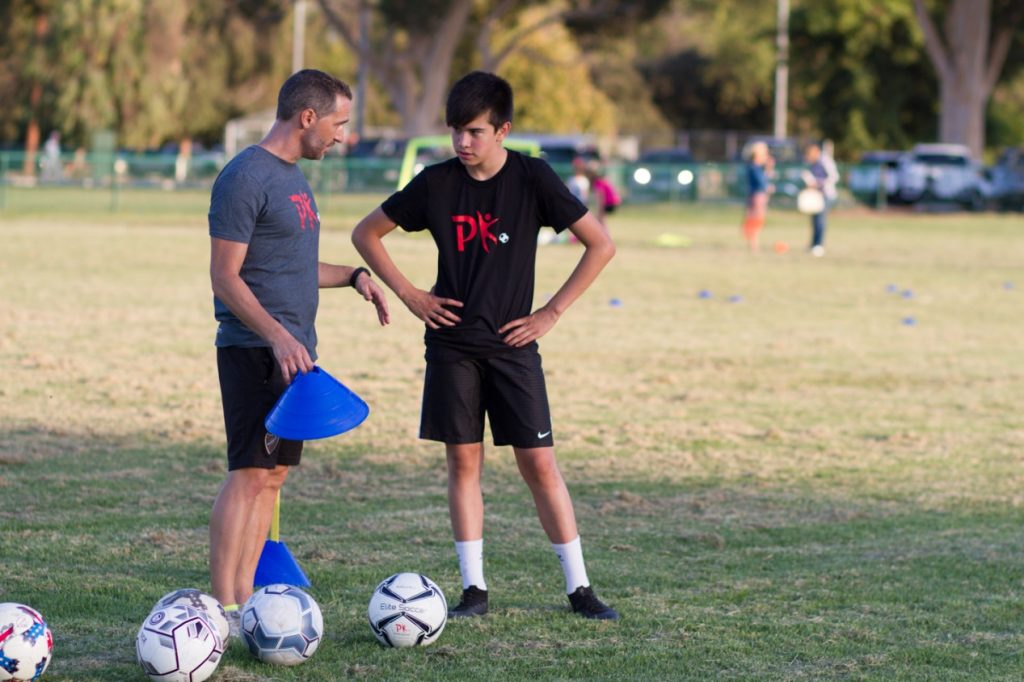Playing soccer should not require a youth athlete to abandon their education. At their young age, they are continuously developing and finding new interests, so it is essential to not overburden a child with an overly demanding schedule.
With a well-thought-out plan, children can strike a good balance between participating in soccer and still doing exceptional in school. Sports and academics may co-exist when they are well integrated. Therefore, a well-planned schedule will need to have a realistic understanding of what it will take for the child to excel. With this foundation, parents will have a practical plan of action to help their child navigate through the process of becoming a student-athlete.
There is no golden outline that will guarantee success for a top student-athlete, but the following are guidelines for a better understanding of how to achieve a certain level of stability:
[WPSM_AC id=2959]
Time Management

Any achievement believed worthwhile, whether for soccer or academics, will require making personal sacrifices. Since there is only so much time in a day, pursuing success in both soccer and school will call for the child to make adjustments to their current schedule in order to make free time. Being that schedules will vary between classes, paper submissions, practices and games, hours that were usually spent hanging out with friends or playing with electronics will now have to be allocated as resting times for the mind and body.
Taking Responsibility

Owning the process is the first step in a youth player’s journey to thrive as a student-athlete. This starts with having a clear understanding of their goals, as realizing what they want out of being a student-athlete will make it much easier to take responsibility.
Avoid making excuses at all costs. We are more than happy to take credit for the wins, but taking responsibility also means taking credit for the losses. By creating excuses and blaming others for unwanted results, they are essentially removing power from themselves and in the hands of others. To become the most successful version of themselves, student-athletes need to take ownership and understand that they are in charge of their own lives.
Commitment

The life of a student-athlete requires dedication to a flexible schedule. There will be times where the continual repetition of tasks will grow monotonous, stirring temptations to abandon them for something more desirable, like spending extra time with friends, watching another TV show, or even just going to bed later than usual. While these may not necessarily prove to be detrimental when done occasionally, it is not a good idea to break good habits, especially ones that are an effective route to success.

Managing Stress

In general, many people go through a moment of overwhelming stress where they drop everything and find themselves doing nothing on the couch. This can become exactly that for a student-athlete. Learning to manage stress is one of the most essential skills mastered by the most successful athletes. This is how they manage to avoid the burnout on the couch of no productivity and conquer the student-athlete lifestyle.
Instead of procrastinating study sessions, papers and tests, they should stay consistent and follow their planned schedule, ensuring they stay on top of their work. Rather than saving their work until the last minute, the student should begin to work on assignments as early as possible to avoid the stress that comes with working under a deadline. Procrastination is always the friendly-looking enemy and it is best to steer clear.
Not Achieving Good Grades?

Periodic conversations with the student athlete regarding their performance in school can help guide parents into making beneficial changes that may need to be made to ensure their success. If a child’s grades are dropping, individual conversations specifically with their teachers or coach could help identify a possible solution for the setback. Accompanied by supportive people and a reassuring discussion, the child will feel confident in their ability to get their work done at a high level. All the while, the goal in participating in soccer must always be to have fun, whilst improving their knowledge of the game.



